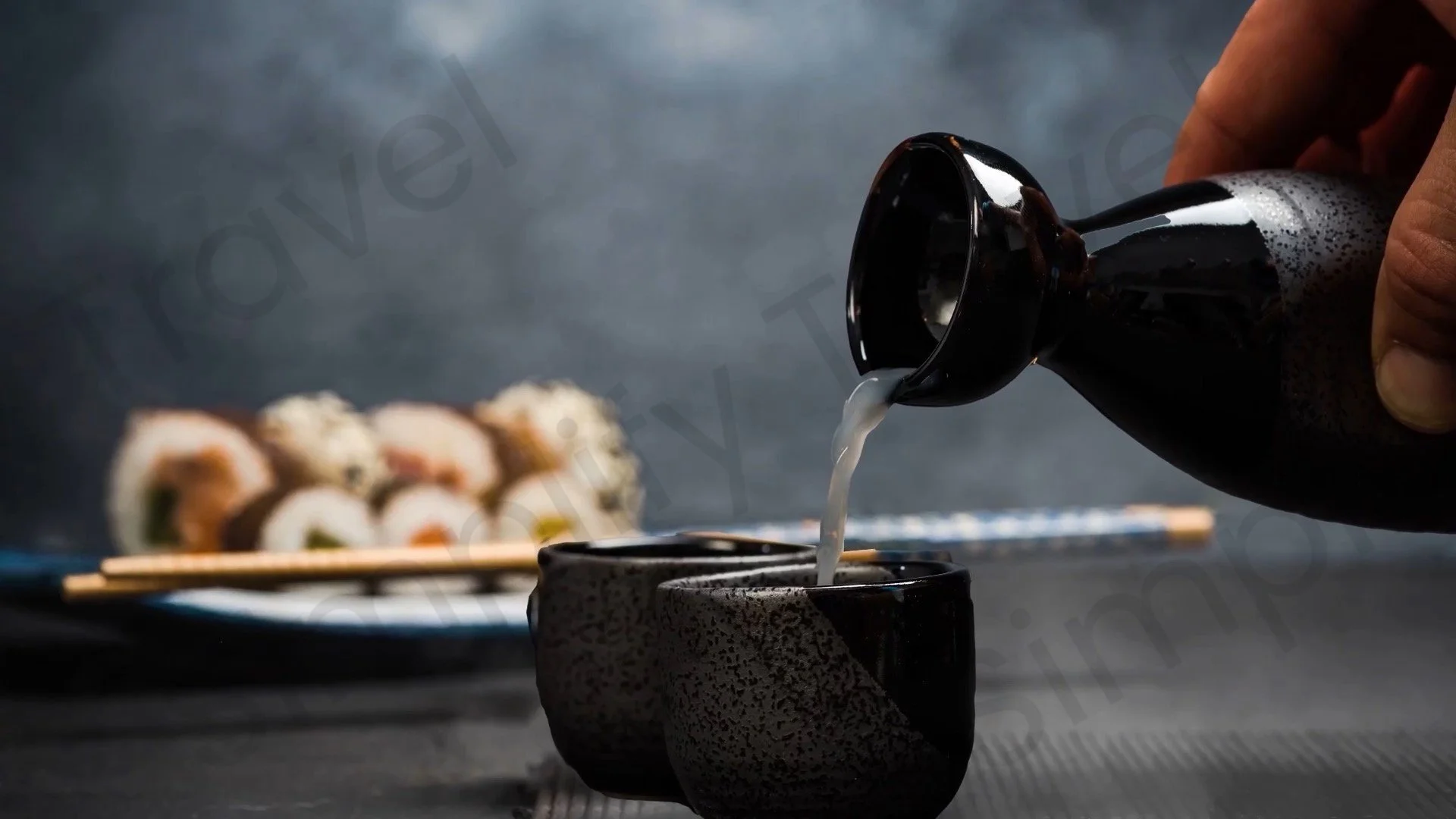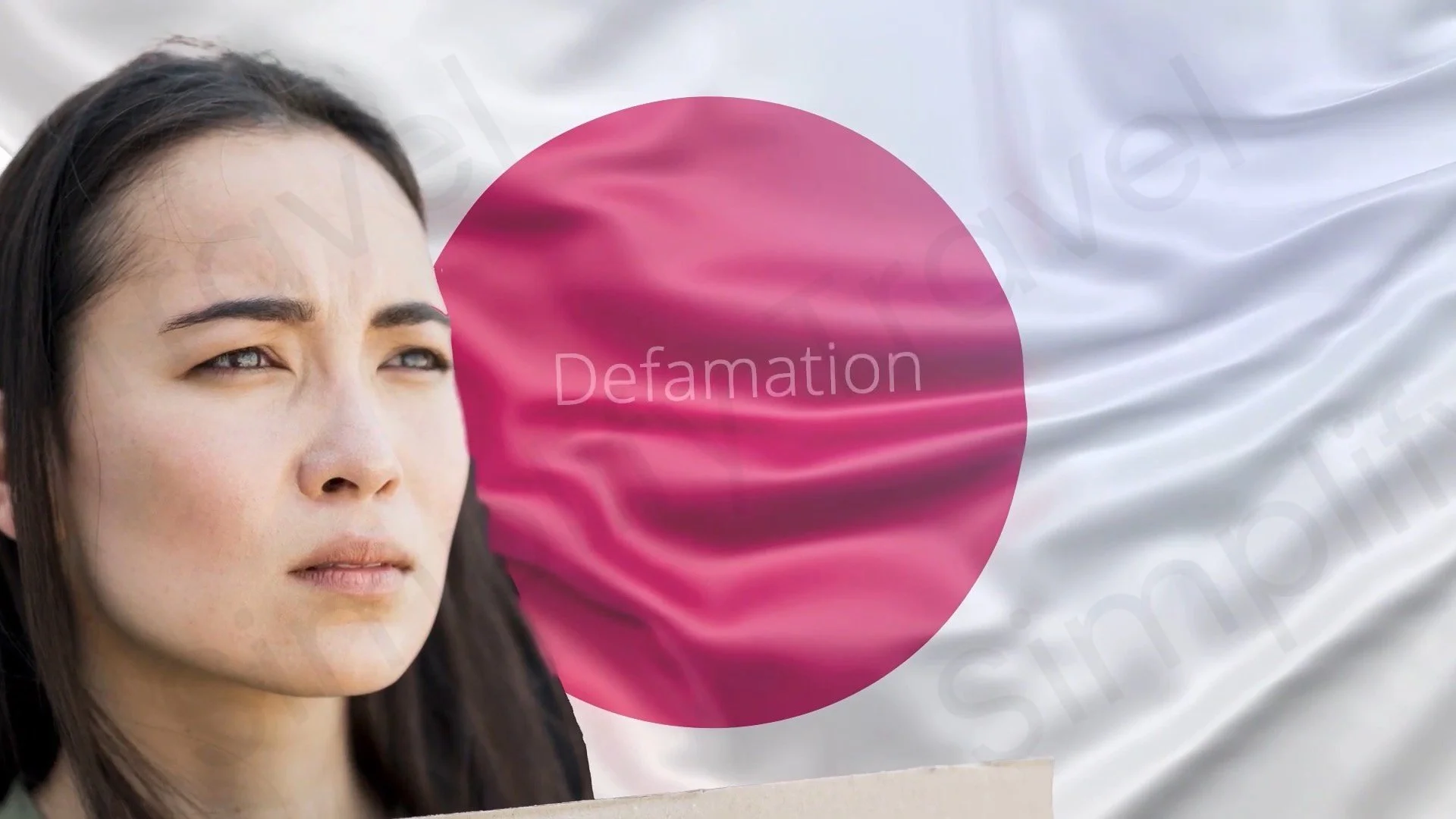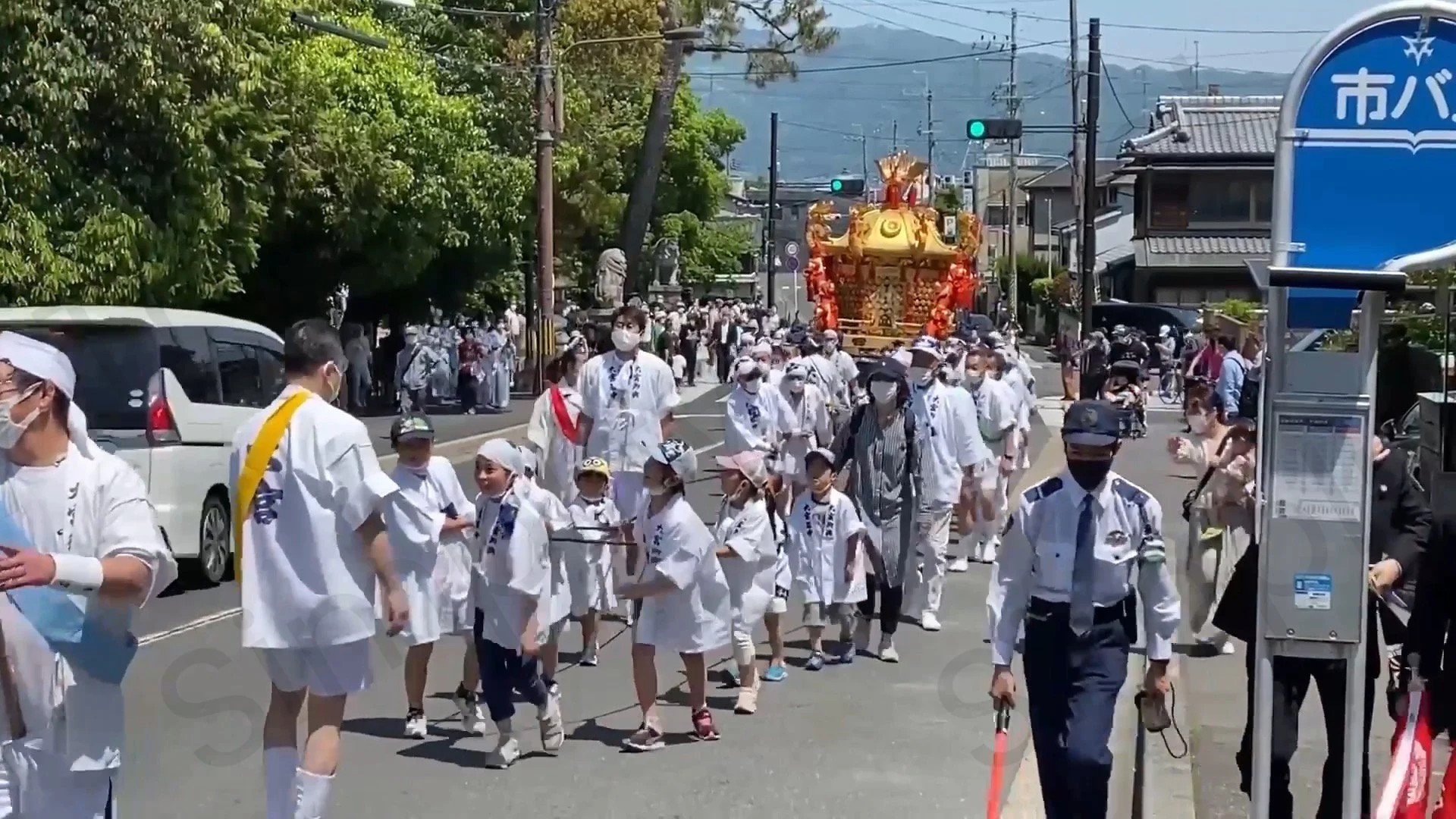16 Strange Things & Laws in Japan
Japan often seen as a strict and rule-abiding country, has its share of unusual laws that may leave you scratching your head. These laws might differ significantly from what you're used to in your home country, so let's explore them.
No Cold or Flu Medicines
When visiting Japan and considering bringing medication, it's highly advisable to consult with the nearest Japan Embassy or Consulate in your home country. As well as visiting the Japan Ministry of Health, Labour and Welfare website, to verify the legality and regulations surrounding your specific medications. (Click Here For Quick Reference)
Japan has strict rules regarding the importation of certain medications, including many cold and flu remedies and even some common pain relievers containing codeine, which are prohibited under Japan law.
No Making, (And Sometimes even mixing) Your own alcohol
In Japan, home brewing of alcohol is tightly regulated, with a prohibition on beverages exceeding 1% ABV. This includes homemade beer and cocktails, like Sangria. Surprisingly, even beer-making kits are illegal. However, homemade fruit infusions, like umeshu (plum wine), are allowed, if the alcohol content is above 20% ABV to prevent fermentation.
Age of Consent
Japan's age of consent, historically set at 13 years old has been a surprising aspect of the country's legal landscape. This provision has been part of Japan's penal code, since as far back as 1907. However, it's important to note that, many prefectures within Japan have established their own local ordinances that raise the age of consent beyond 13. These local laws have sought to provide additional protections to minors.
However, a significant change occurred in July 2023, when Japan increased its national age of consent from 13 to 16 years old. This shift reflects a broader recognition, of the need to enhance safeguards for young individuals and ensure their well-being. While local ordinances continue to play a role in addressing this issue, this national change represents a significant step toward harmonising age of consent regulations across the country.
No Foreign Radio Devices Allowed
In Japan, the Radio Law mandates that all radio equipment such as walkie-talkies, cordless phones and baby monitors, must comply with technical regulations and bear the Technical Conformity mark as proof of compliance. It's essential to adhere to this regulation while staying in Japan. Violators of this Japanese law may face penalties, of up to 1 million yen in fines and imprisonment for up to one year.
Marrying Cousins
In Japan, it's legal to marry your first cousin which may come as a surprise to those from countries where such marriages are prohibited. This practice has deep historical roots in Japan, stemming from a time when clans were central to social structure and intermarriage within the clan was common to maintain traditions and property.
Over time, societal attitudes have shifted especially in urban areas, leading many to choose not to marry first cousins due to increased awareness of genetic risks and changing cultural norms influenced by Western values. While Japan generally permits such marriages, some local governments may have their own regulations on cousin marriages, adding complexity to the issue.
Defamation
In Japan, defamation laws are distinct, because they allow legal action for statements that harm someone's reputation or public image, regardless of their truthfulness. Unlike many other countries where defamation requires false statements, Japan focuses on the damage caused to an individual's reputation, whether true facts or not.
Key elements include, sharing with the public, revealing specific facts and causing harm to reputation. Exceptions exist, such as statements in the public interest or whistleblowing. Overall, Japan prioritizes protecting individuals and entities from harmful statements, emphasising the importance of social image in its unique defamation laws.
Cigarette Regulations
Japan allows certain cigarette-related practices, that are prohibited in other countries. These include the sale of cigarettes through vending machines and permitting indoor smoking in specific locations, such as designated hotel rooms, cigar bars and select small restaurants and bars, established before April 2020.
But at the same time to combat smoking, Japan has also implemented strict smoking regulations. Every cities has designated smoking zones, clearly identified by posters and signs. Smoking outside of these designated areas is against the law and walking while smoking is also prohibited for the same reasons. Those who disregard these regulations in Japan, may face fines.
Flag Mismatch
In Japan, there's a surprising legal distinction between defacing foreign flags and their own national flag. Let's dive into this intriguing legal twist.
When it comes to foreign flags, the Japan Penal Code Article 92 makes it crystal clear, damaging, removing or defacing a foreign country's flag or national emblem with the intent to insult that nation is a crime. The consequences can be severe, ranging from imprisonment for up to two years to a substantial fine of 200,000 yen.
However, things take an unexpected turn, when it comes to the Japan flag. Unlike many countries where flag desecration might be seen as a form of protest or political expression, Japan doesn't have a specific law against damaging its own flag. This legal nuance has sparked discussions about freedom of expression and the right to dissent.
In essence, while you should be extremely cautious about any actions involving foreign flags in Japan, you won't find yourself on the wrong side of the law for similar actions involving the Japanese flag. It's a curious legal quirk that showcases the country's unique approach to matters of national identity and expression.
But no matter what, one should never disrespect a country's flag.
No Dueling, Please
In Japan, engaging in duels which involve arranging confrontations or fights to resolve disputes, is strictly prohibited by law. This prohibition extends to various forms of dueling, including classic one-on-one showdowns and more contemporary group brawls.
It's crucial to note that, even if the duel doesn't materialize and remains only an agreement, it can still result in legal consequences. For instance, groups planning such duels, like motorcycle gangs organizing fights to assert dominance may face prosecution. Due to the complexity of identifying who instigated violence in large-scale duels, all participants are at risk of being penalized.
This stringent stance against dueling, underscores Japan's commitment to maintaining social order and preventing violent conflicts, regardless of their scale or form.
Begging is Ban
Begging for money whether on the streets or online, is not just discouraged but illegal in Japan. The Misdemeanor Law, specifically targets begging, defining it as the continuous solicitation of money or essential goods without adequate compensation. This law applies to both traditional and digital begging, reflecting Japan's strict stance against this practice.
A case in Kagawa Prefecture in 2015, exemplifies the legal consequences associated with begging, reinforcing Japan's commitment to discourage it in all forms. In essence, Japan's laws emphasize self-sufficiency and impose penalties on those who engage in begging, without offering equivalent value in return.
Thighs in Trouble
Exposing an excessive amount of skin, specifically the thighs in public can potentially lead to misdemeanor charges in Japan. This legal aspect is outlined in Article 1, Item 20 of the Misdemeanor Law. Therefore, it's advisable to exercise modesty when it comes to clothing choices, especially in areas where such laws are strictly enforced. In essence, these laws reflect Japan's cultural emphasis on decorum and maintaining public order.
Disruptions at Religious Services and Weddings
Engaging in activities that disrupt religious services, sermons or funerals in Japan, is a criminal offenses. This law is specific to these solemn occasions and carries legal consequences if violated.
It's important to note that, this crime pertains exclusively to sermons, worship services and funerals. Weddings are handled differently under Japan law. Obstructing a wedding, for instance, doesn't fall under the same legal category.
So, what happens if someone interferes with a wedding ceremony? In such cases, the law views it as an obstruction of business, as the disruption could impact the wedding hall's operations. This offense is governed by Article 233 or 234 of the Penal Code.
In essence, while Japan takes the disruption of religious services and funerals seriously as a distinct crime, interfering with a wedding is a different legal matter, focusing on its impact on the wedding venue's operations rather than the ceremony itself.
Bus Silence
Engaging in conversation with a bus driver while the bus is in motion, is prohibited by the Road Transportation Law in Japan. It's essential to refrain from talking to the driver while the bus is moving. Instead, if you need to communicate with the driver for any reason, it's advisable to do so when the bus is stationary or at a designated stop.
This law is in place to ensure the safety of passengers and to prevent distractions that could lead to accidents while the bus is on the road. It underscores the importance of adhering to transportation rules and regulations in Japan, to maintain a safe and efficient public transport system.
Scissor Scrutiny
Carrying scissors with a blade length exceeding 8 cm can potentially lead to a violation of Japan's Firearms and Sword Control Law. This law regulates the possession and transportation of various bladed items, including scissors.
It's worth noting that, even carrying such scissors for self-defense purposes, is not considered a justifiable reason under this law. Therefore, individuals in Japan should exercise caution when carrying bladed tools and ensure they comply with the legal requirements regarding blade length and permissible uses. This law reflects the country's strict regulations, surrounding the possession and use of potentially dangerous items, to maintain public safety and security.
Letter Privacy
In Japan, opening a sealed letter that is not addressed to you, even if it's meant for a family member or someone else, is considered a criminal offense, under Article 133 of the Penal Code. This legal provision extends beyond just letters and includes other forms of communication, such as bills and similar documents.
The law is designed to protect the privacy and confidentiality of written communications. It prohibits unauthorized access to or interference, with correspondence intended for others. If someone opens a letter addressed to another individual, without a valid reason or legal authorization, they may be subject to legal consequences.
It's essential for individuals in Japan to respect the privacy of others and adhere to the legal framework regarding personal communications. This law reflects the country's commitment to upholding the integrity of written correspondence and safeguarding individuals' privacy rights.
Change Challenge
In Japan, failing to return excess change received during a transaction can potentially be considered a form of fraud. This principle reflects a moral and legal expectation that individuals should act honestly and ethically when conducting financial transactions.
When a cashier makes an error in providing change, customers are generally expected to bring this to their attention, and return the surplus amount. Failure to do so could lead to legal consequences, as it may be interpreted as an attempt to deceive or improperly retain someone else's property. This concept underscores the importance of trust and integrity in financial interactions, and serves as a reminder to act ethically and responsibly in all financial dealings.
These are just a few examples of unique Japanese laws that might raise eyebrows. Always be respectful of local customs and laws when visiting a new country!
Affiliate Disclosure:
The links for ads may result in a small affiliate commission if you decide to purchase the recommended product at no additional cost to you.
-
Japan Customs - www.customs.go.jp/english/passenger/brochure/brochure_e.pdf
Japan Cold Medicines - https://jw-webmagazine.com/japanese-cold-medicines/
brewing of alcohol - https://www.nrib.go.jp/English/sake/esakefaq01.html
Age of Consent - https://www.japantimes.co.jp/news/2023/06/16/national/crime-legal/japan-raises-age-of-consent/
Radio Ban - https://www.soumu.go.jp/soutsu/hokkaido/eng.htm
https://www.soumu.go.jp/soutsu/kanto/re/info/gaikoku/images/frs_gmrs_e.pdf
https://nisekotourism.com/news/illegal-foreign-standard-radios-are-prohibited/
Penal Code - https://www.japaneselawtranslation.go.jp/en/laws/view/3581/en
Misdemeanour Law - https://elaws.e-gov.go.jp/document?lawid=323AC0000000039
Road Transportation Law - https://www.japaneselawtranslation.go.jp/en/laws/view/2541/en
Firearms and Swords Possession Control Law - https://elaws.e-gov.go.jp/document?lawid=333AC0000000006_20230519_505AC0000000030&keyword=%E9%8A%83%E5%88%80%E6%B3%95
Scissors Ban - https://www.keishicho.metro.tokyo.lg.jp/kurashi/drug/hamono/hamono.html
https://www.jluggage.com/blog/japan/weird-laws-japan-for-foreigners-and-tourists/

















